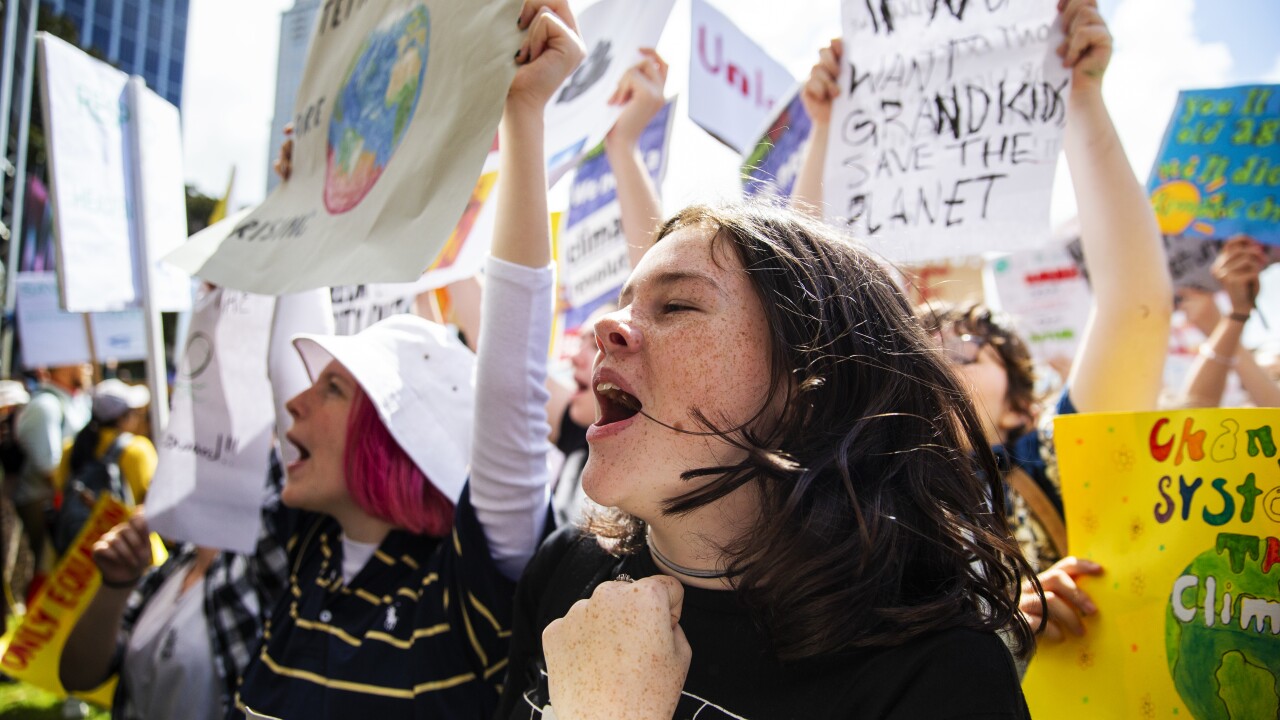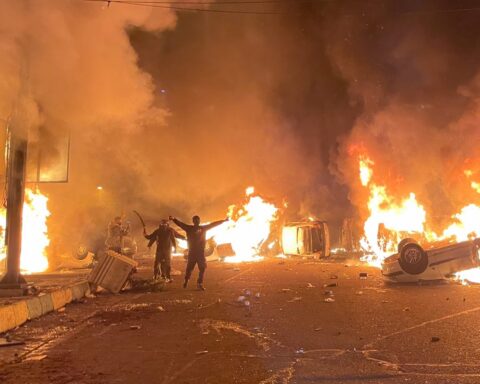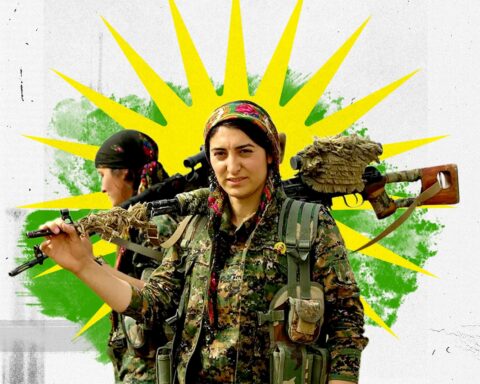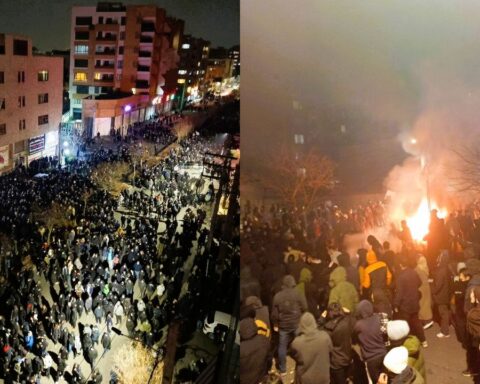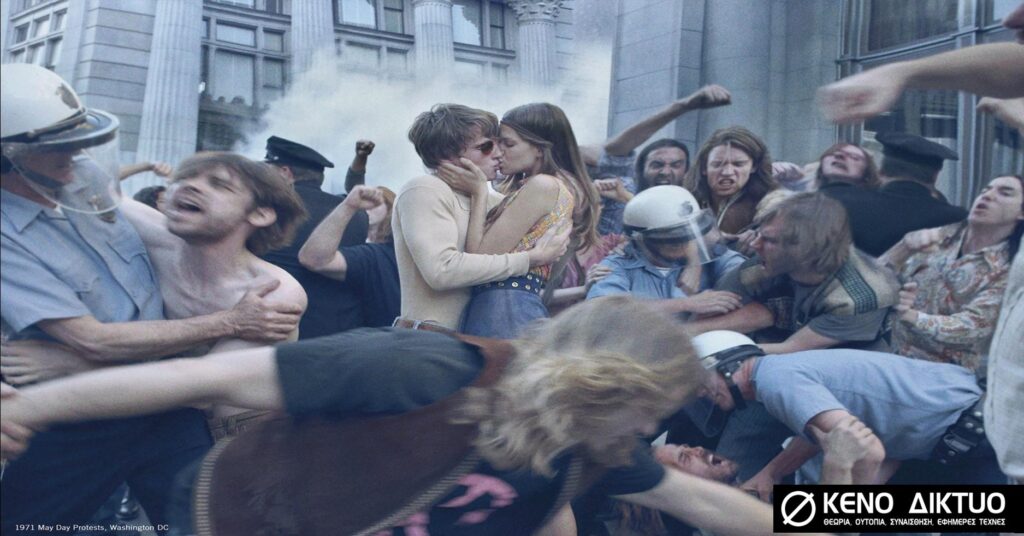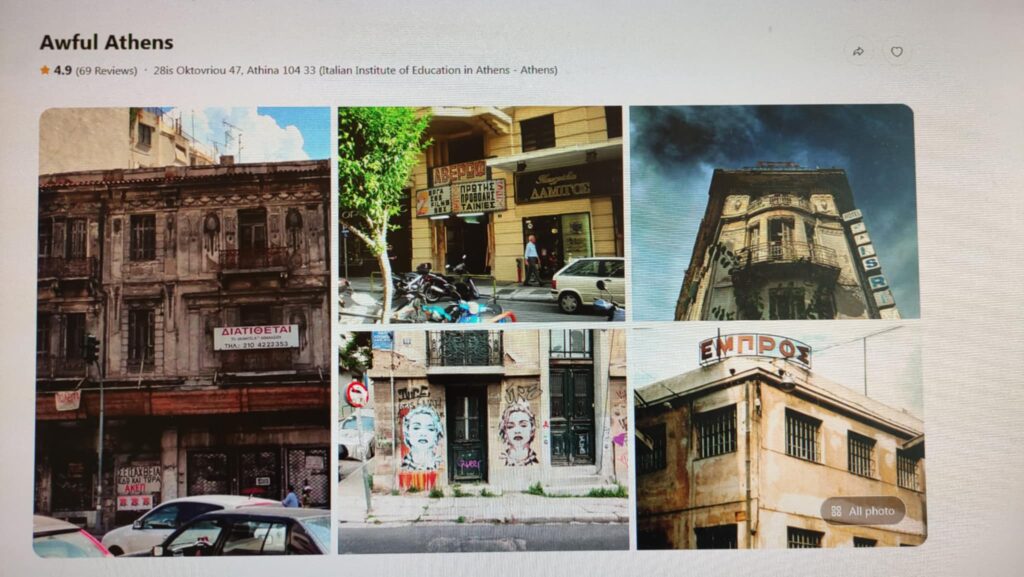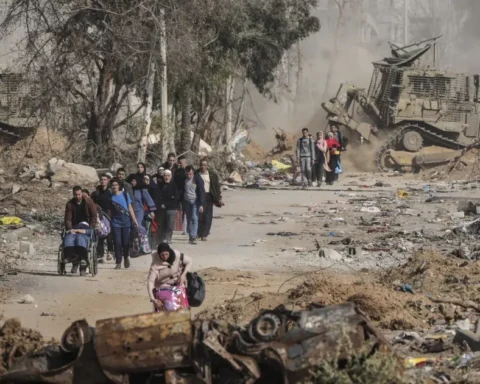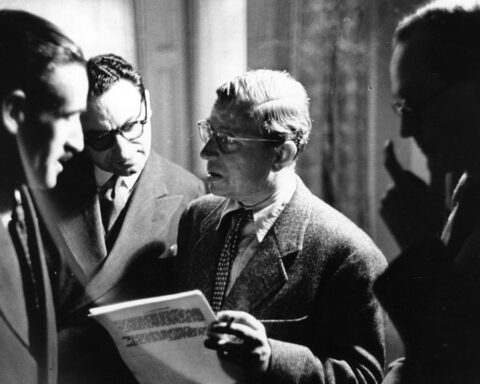I used to think that anarchism was “just” a political philosophy. I was wrong. It is much, much more than that.
By political philosophy, I mean a way of thinking about politics, institutions and decision-making. How people arbitrate their business with one another, theories of government – or self-government – or the abolition of all hierarchy. I liked to boil down anarchism into a few pithy phrases like, “anarchism is about no one having power over anyone else.”
I was not wrong. Anarchism is indeed about all of these things. It is indeed a political philosophy. It is indeed about how people take decisions together and manage their affairs collectively. But I thought this was its philosophy in toto, that there was nothing more to it. It was a way of thinking that was separate from our interior realities. It is an external philosophy, above all about how we behave towards one another.
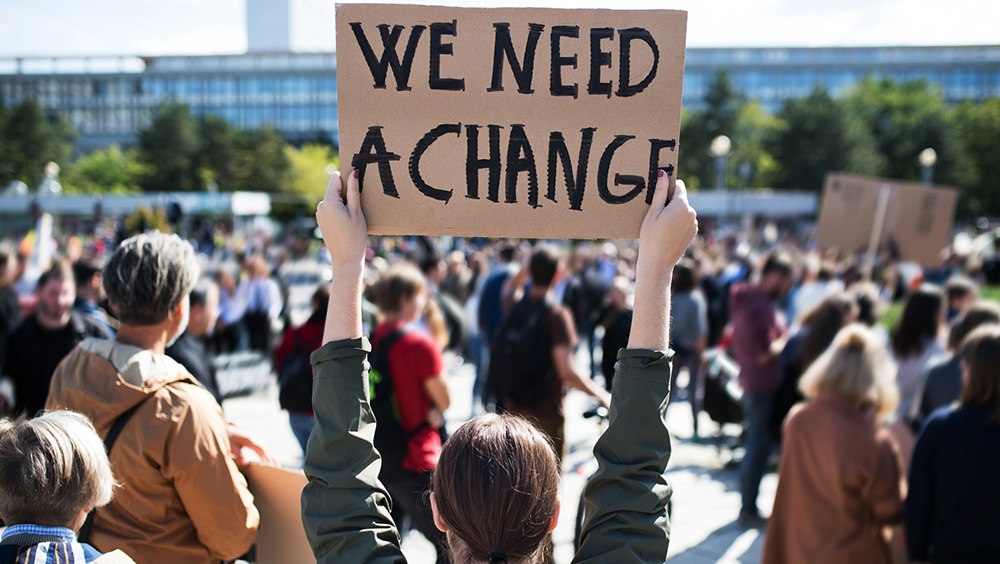
These ideas take you far in analysing the current political and economic situation and working out how to reform it and replace it. In place of a top-down system of government, we need a system where decisions are made by the mass, including everyone with a stake. In place of an economic system controlled by the few with massive wealth, we need one where shares are equal, both in terms of wealth but also in terms of agency; where everyone gets a say over the economic affairs that affect them, whether in the workplace or society at large. The individual and society are at the heart of this idea. Individuals must be free to act as they please, but always taking into account the needs of others – a fair and equal negotiation (this isn’t the most purely libertarian form of anarchism, of course, more socialist libertarianism).
But who is that individual and how do they think? Anarchists are sceptical of formal religion, seeing it as another form of social control where agency is denied the individual in favour of a rigid orthodoxy enforced hierarchically – most often by men. The claim that god exists is seen as a veil, used to conceal many human wrongs and injustices, excused as a universal salve and explanation. Anarchism rejects religion: no gods, no masters.
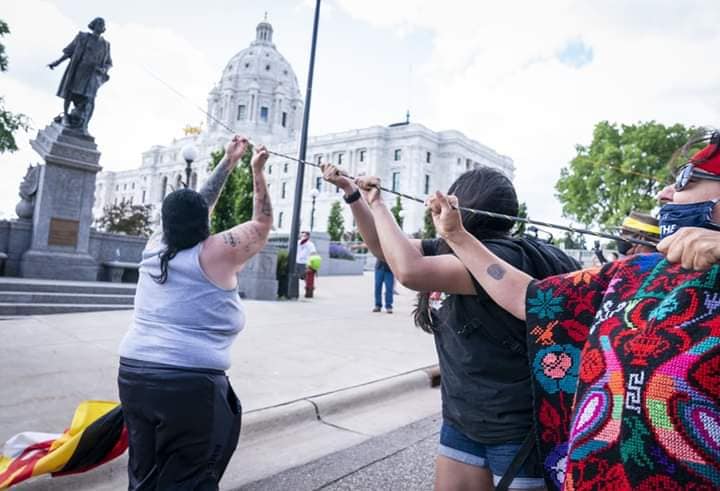
Thus, I had been sceptical of those who sometimes called themselves spiritual anarchists. What is spiritualism but another kind of religion that confuses and misleads us from our earthly realities? I saw what can loosely be called spiritualism as narcissistic and selfish, with its focus on the individual soul and its needs and expression. Some of those I saw talking of spiritualism retreated from the battleground of society into drugs and other forms of refuge, both physical and mental. The battle is in our cities and streets, here and now, I argued crossly.
But those same ‘spiritualists’ claimed to me that there could not be revolution of the whole of society without revolutionising the way that individuals think within it. You couldn’t expect that society would adopt practices of equality, respect and inclusion unless we ourselves were transformed from the rationalism and analytic thinking that sees everything as structure or transaction. The interior needed to be reformed too. You couldn’t have revolution in one without revolution in the other.
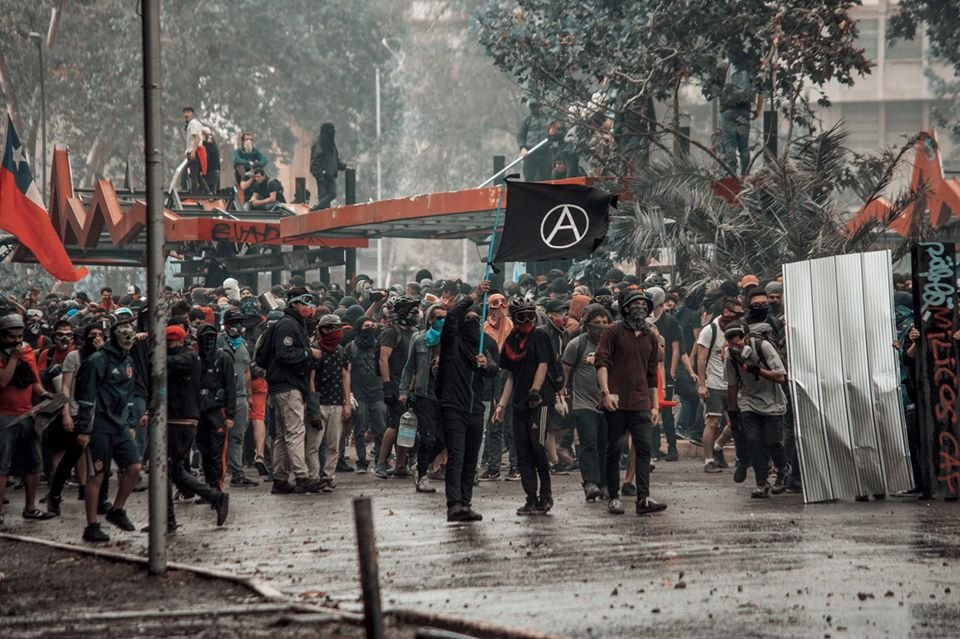
I have come to think that they might be right. At the heart of all anarchism is how we treat other people. Anarchism demands that this treatment is always respectful and egalitarian: no one can coerce another, whether by overt means or subtle. My kind of anarchism demands that we treat others as they wish, not as we wish (which is, by the way, an explicit rejection of the so-called ‘golden rule’, under which we treat others as we would wish to be treated. Instead we must attend to what they say they want, not what we think they want). We must give up all notions of domination, of influence and getting others to do what we want. We must give up all power.
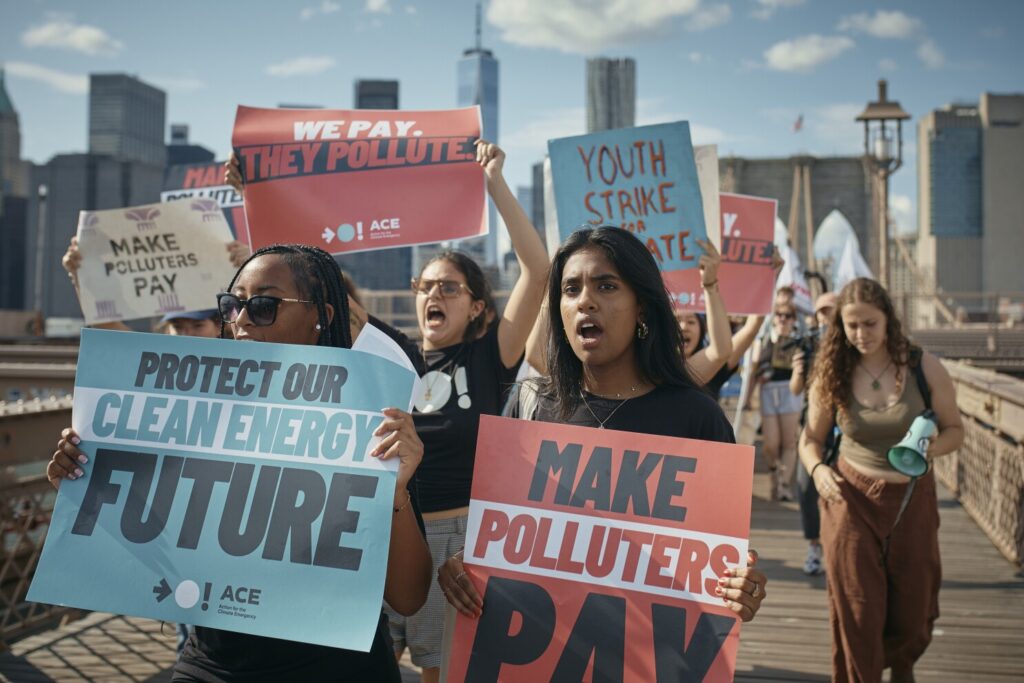
I once worked in government. I was agog with power, convinced that I worked among an elite few who understood the needs of society – in my case, in foreign policy and diplomacy – better than society understood itself. This fed my ego and structured my life around career and status. It has been a hard road to abandon these pillars of my sense of worth and self. If I don’t have power, what am I? If I cannot tell others what to do, what value do my ideas and wishes have? If it’s just me, what am I?
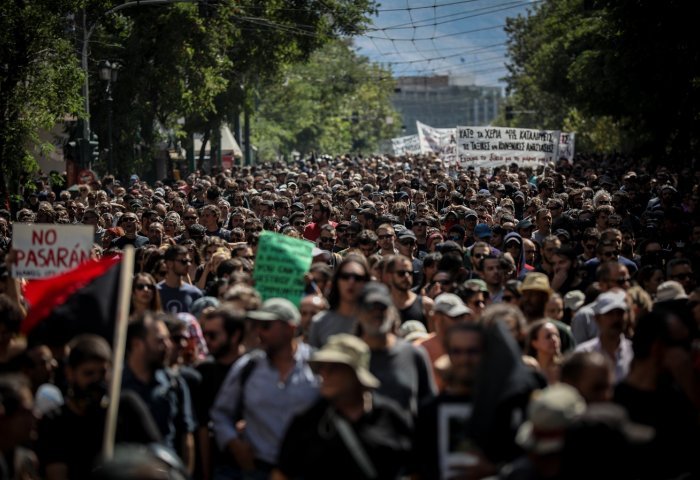
I have found that I need to believe in something. I’m not sure what I would call it. But I suspect my spiritualist friends would call it just that: spiritual need. It’s a belief that there are values and meanings outside ourselves but which animate and inspire our interior realities. Religions might name this thing god, expressed through litany. But my litany is anarchism, and I’m not willing to call that guiding spirit god. It is more earthly, it is more human.
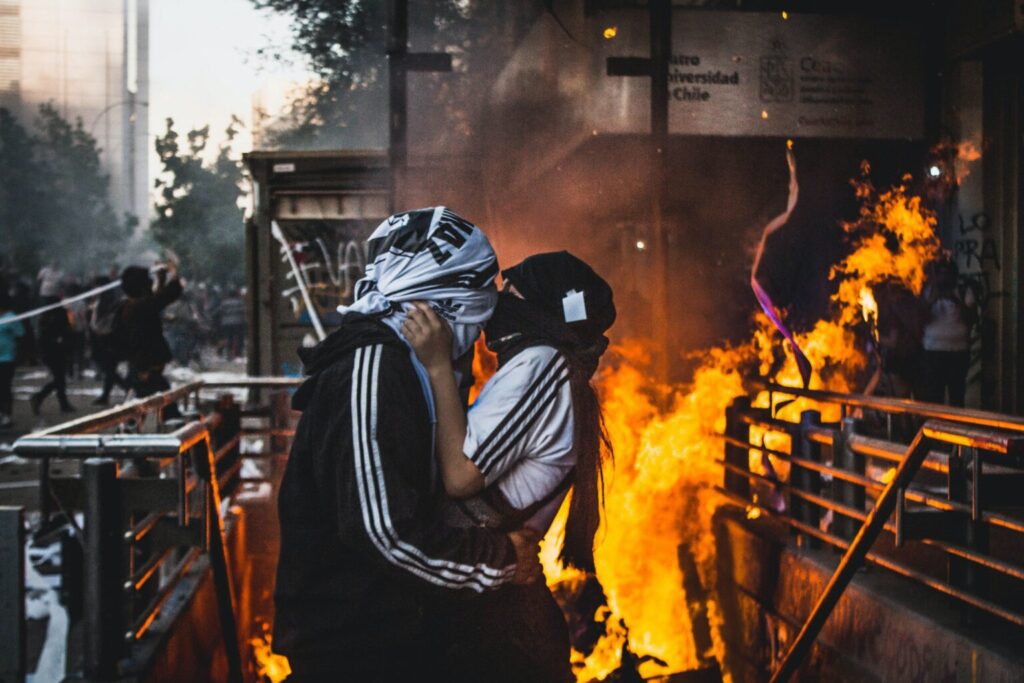
I identify it by observing the core of anarchist practice: the interaction with others. How we treat other people. In anarchism, that interaction must be guided by consideration and caring, the putting of the needs of others on an equal footing to our own. At least: in its most extreme iteration, it is the erasure of self. Lao Tzu talks about this in the Tao te Ching. It is having power by giving up all power. He reached this conclusion thousands of years ago. It is a harmony between how we see and treat others and how we treat ourselves.
There is a word for this practice: it is Love.
Without this ‘spiritual’ core, anarchism struggles to make sense. If it is judged in the terms of current capitalist culture, it is not necessarily a more efficient or productive practice: it does not necessarily produce more goods or make more money.
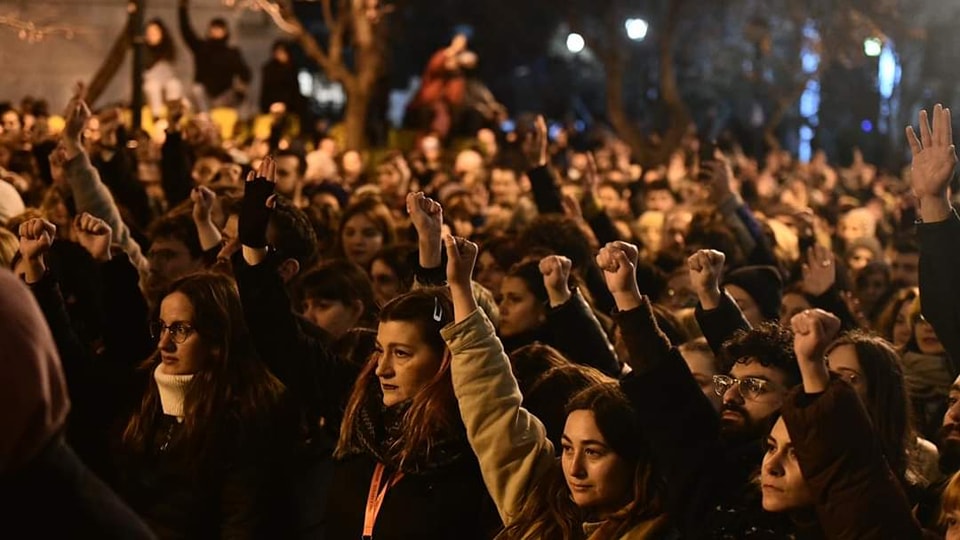
What it accomplishes is in fact of infinite worth: the beauty of humans living with one another in love and respect and equality. These are abstract, ineffable things that cannot be measured in euros, pounds or dollars. Indeed, this stuff is beyond all terms themselves – and this is why it’s hard to put it into words too. It is on a plane above all that. And if you want to call this a ‘spiritual’ plane, I am happy with that. What goes on in the spirit or the soul matters, for it matters to the exterior reality too. What we believe in ourselves is intrinsic to how we engage with the world. One doesn’t work without the other.
____________
Carne Ross is a former British diplomat, author of The Leaderless Revolution: How ordinary people will take power and change politics in the 21st century, and the subject of the film Accidental Anarchist
